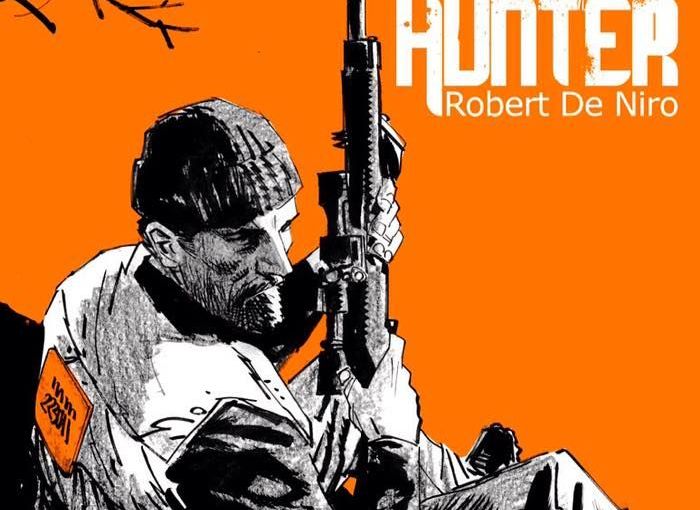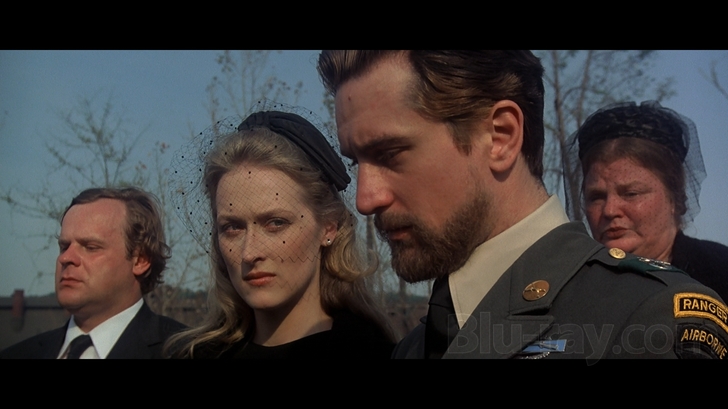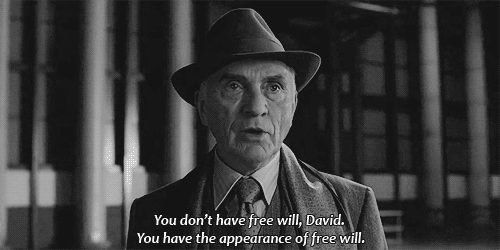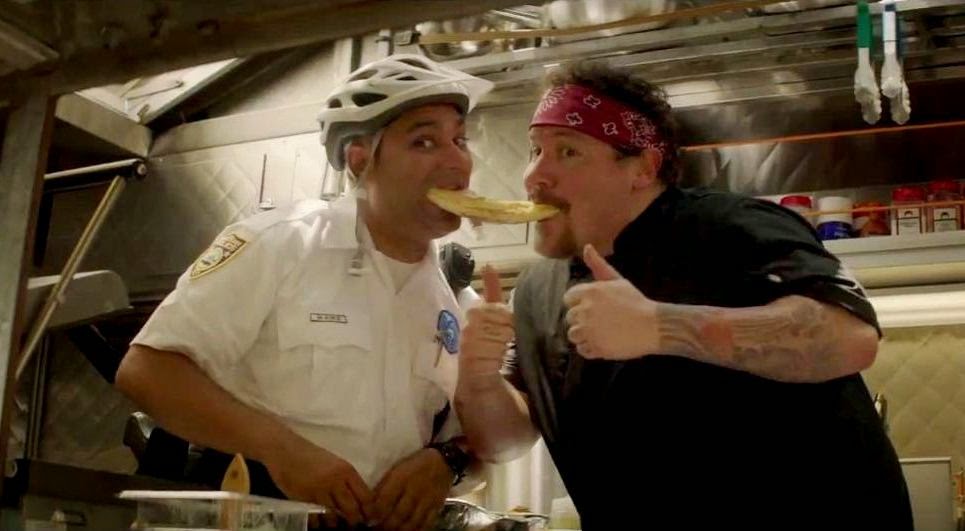Memoirs of a Geisha is a 2005 American epicperioddrama film directed by Rob Marshall and adapted by Robin Swicord from the 1997 novel of the same name by Arthur Golden.[2][3] It tells the story of a young Japanese girl, Chiyo Sakamoto, who is sold by her impoverished family to a geisha house (okiya) to support them by training as and eventually becoming a geisha under the pseudonym “Sayuri Nitta.” The film centers around the sacrifices and hardship faced by pre-World War II geisha, and the challenges posed by the war and a modernizing world to geisha society. It stars Zhang Ziyi in the lead role, with Ken Watanabe, Gong Li, Michelle Yeoh, Youki Kudoh, Suzuka Ohgo, and Samantha Futerman.
While the book arguably, will be as piercing as the movie, if not even more, it is one of those that I had always wanted to read, but am yet to. Letting a spectacular movie, such as this, on the other hand, be simply looked at as a piece of entertainment, is such a crime. So, here we are with our tradition of finding three life lessons from the movies
Life Takes Us To A Path Of Surprises, We Make The Most Out Of It
Life has a will of its own. For some reason, in the most peculiar and uncanny of ways, it frequently takes us to a reality far removed from what we, in childhood, envision, had been told or pretty much reared for. How many of us look back at life and say in our most silent and vulnerable of moments that this was not where we wanted to be, that this was not the life we envisioned or simply this was not how we imagined life?
Perhaps, it is merely an assumption that even the most successful, in the deepest inclination of their imagination, has their hearts knocking on their wills, gently whispering, unsettling reminders of a childhood vision, desire or dream, far removed from the current. But who is courageous enough to admit in this generation of make-believe? If you are truly, in your most sincerest of consciences, are where you had always wanted to be, please be grateful, savour it, live it and pay it forward. For many, if not most of us, wallow through the years of life, coursing through it and all the while, travelling the path of the lost.
The opening scenes was truly heartbreaking for me. How life robs us of our dreams, when we least expect it. Of how, at times, with varying speeds, slowly, yet surely, life dims the bright shining star we had always held out as landmark for our individual futures.
There in a small fishing town, two young girls, glanced by their evidently depressed father, just across their acutely sick mother, will unknowingly be sold to an unknown man who will whisk them away from everything they are used to, far from all that they had dreamed of or anything familiar, to a life of high art, music, poetry, ceremony and mysticism. The life of a Geisha.
I can only imagine the dreams those girls had. What did they think they would be when they grow up. Did they have the chance to scheme of great things for themselves in their minds or where they simply waiting for life to take them to the same fate they found their mother in. Whatever the case, none of those certainly mattered then. As they, abruptly, had to navigate life, away from the comfort and hope of even having the leisure to dream.
Separated from her sister and enduring the life she was totally unprepared for, the misdirected girl grew to be a woman, who reluctant about her place in life, strove and rose to the heights of sophistication, glamour, decadence and intrigue.

Something about this metamorphosis felt close to me and should to many of us.
We probably do not have our dream jobs, we are not living in the houses we wanted to, the salary we were told we can have nor around the people we had excitedly imagined we will be. Yet, we push on, farther to the raging waves of life, pressing on, while relentlessly finding ourselves some meaning and making the most out of it.
I had in this career, met many individuals, who had taken up education to be in the field of medicine, art, music, engineering, architecture and many more. But similarly, the harsh truths of life, had pulled them, severed us, away from those trajectories and into some of the most inconceivable of functions and roles we are in. Then again, in a profoundly inspirational way, these people, continue to make a mark in what they do. They are unrelenting in making their case against life, the lot it had given them and they rationale they had maintained for their purpose and existence. Just like the young girl, who turned Geisha.
Purpose Is About Paying It Forward
Life blows us to places, it too, in with the same apathy, leaves us to chance, the choices we make and the resolve we have. In the same context, the success of the girl who turns out to be the top Geisha of the district, was not by mere chance alone. She was given a chance, she made her choices and took it with passionate determination.
There in the busy district of the opulent, the scenes take us a to a momentous moment, when the previously decorated Geisha of the same house that the girl belongs to, takes her to her wings and tutelage.
Whatever influences they were that moved, Mameha, the previously celebrated Geisha of the same house, Saiyuri, the little girl from that fishing village, it is in bad taste to not appreciate the beauty of the human soul to feel, share and be and be magnanimous simply because, one is in the position to.
It must truly be a rewarding feeling to be in a situation to help others and being able to do so without any consideration of future reward, recognition or anything in exchange. Again, this reminds me of some of the wonderful people that had been patient, kind and believed in me along the way. They were not my family, they had nothing to gain from helping a teenager bordering on the clueless to find himself amidst many and frequent shortcomings, yet they continued to be there, in their own fashion and thankfully, I have had the privilege to do the same for those whose current circumstances resonated with mine and experience what they had–and find it fulfilling.
Truly, the measure of any man, is what he does for another, notwithstanding any reward and without any other reason, other than, they did it, because either they had once been in the same situation or that they feel others would have done the same.
Love Moves People, Hope Gives Strength, But Purpose Gives Meaning

One of the things that makes the movie beautiful, is how it weaves, Love in the backdrop of personal grief, societal change, war and the constant threat of change. Rewind to the first few scenes, when the little girl from the village, Sayuri, was merely a kid attending her lessons, we see, what we would initially count as a lovely encounter between a gentleman, who recognizes the pain of a girl and a girl who, for the first time, was visited by the soothing caress of love, of being loved and of perhaps loving back.
While I was watching, it struck me as an important meeting, one of those that you know would have a significant impact to the narrative. Little did I know that the same encounter, will demonstrate one of the most vivid expressions of love in the state of being forbidden, in the name of propriety. When it is unrequited, not for the lack thereof, but for the love of another. Then, when it was withheld, not due to fear of responsibility or any other hindrances, but for its multifaceted perspective and the intricate waltz it plays on the human soul. Truly, Love moves people.
Love was not the only thing intimated by the movie in a subtle, yet profound manner. A shameless plug to this serious journal, is the fact, that when I think of hope the closes I can remember are the Green Lanterns, I just had to say that. Anyway, moving back, the movie, beautifully, permeates to all of us the perspective of how the human heart and our soul, regardless, how the person is disposed, spring eternal.
While we see hope shown in the multiple attempts the young Saiyuri does to get to her sister and how amidst its failure she continues to hope to find her, we are also introduced to one of the primary characters of the plot. It is very easy to categorize Hatsumumo, the current primary Geisha of the house, as the antagonist, it is difficult to just simply box her in that. The movie had taught me that while many choose to be kind amidst the unforgiving circumstances life deals to us, some, give up on hope and end of the simply be the thorns in the rose that they are.
Hatsumumo, to me, was a rose, who continually choses to be the thorns. I will never understand why she deliberately wanted to inflict so much sadness on a young girl who had done nothing to her. The movie, will hint at it as her seeing Saiyuri as competition, but the more I think deeply about it, I come to the realization that at times, we want others to give up on things we had given up on, and Hatsumumo, to me, had given up on hope–thus, she her inner demons revolt at the site of a young girl who just seemed inherently filled with hope.
I could be wrong and what her reasons were, is for any one to say. Maybe I will understand it better as I get to read the book. I will definitely make the needed supplementary journal, once I complete it this March of 2022, but until then, to me, when we start to give up on hope, it becomes but an impulse that we want others to do so, too. For the more they strive, the more they hope, the more we feel regret, vulnerable and tortured by our conscience, because–hope, springs eternal.
From Love to Hope, this time and in the final minutes of the film, I think we were given a glimpse of the Japanese culture of Purpose. It is like in that file, the Last Samurai, where Capt. Nathan Algren (Tom Cruise) says something about why the place was magical, that everyone, from the moment they wake up to the moment they sleep, focus on the mastery of their craft, that the determination, attributed meaning and purpose of the Geisha, made Saiyuri, Mameha and the rest of the women who had vested themselves of the fabled moniker, Geisha, truly remarkable.
I will always remember that scene, when Saiyuri gets to Mameha, to rekindle what it the Geisha truly stands for and why amidst the flamboyant, easy and convenient entertainment of the west, the Geisha still holds it allure, then, now and perhaps even until the future. Many of us live life in such routine that we forgivably simply go through the motions.

The unbearableness of life has pushed many, if not most of us to simply go through life as a routine. It is easy to feel that a moment’s thought about the why we do what we do, why we wake up and our place in the grand scheme of things can easily feel cumbersome and unnecessary trivialities in the rat race many of us find ourselves in. Yet, what a sad excuse it is when we compare ourselves to magnificent women we come to find in the movie (the book, too, maybe, I have not read it, maybe there are some difference so just saying), who amidst the stringent confines, strict constraints and virtually never-ending charade of rituals, were able to gather the constitution to find their place in society, life and most importantly–purpose in the grand scheme of things.
This, I think, is what makes, the movie, its characters and it plot, not simply a story about the Saiyuri, the Geisha, but of all of us.













 Sure he failed three times and nearly lost the opportunity to be with Elise, but when it mattered the most, he was willing to risk everything to write his own story and not live the one that was made for him.
Sure he failed three times and nearly lost the opportunity to be with Elise, but when it mattered the most, he was willing to risk everything to write his own story and not live the one that was made for him.

 So if all our choices, carefully chosen or not bear some consequences that we all have to pay, might as well give them more thought and decide wisely.
So if all our choices, carefully chosen or not bear some consequences that we all have to pay, might as well give them more thought and decide wisely.





 We ought to take ownership of our emotions, understand that there are things outside our control and stressing over them is a waste of energy. Meanwhile, there are things that we can definitely do something about that is a much better way of expending our attention and our best efforts I.
We ought to take ownership of our emotions, understand that there are things outside our control and stressing over them is a waste of energy. Meanwhile, there are things that we can definitely do something about that is a much better way of expending our attention and our best efforts I.